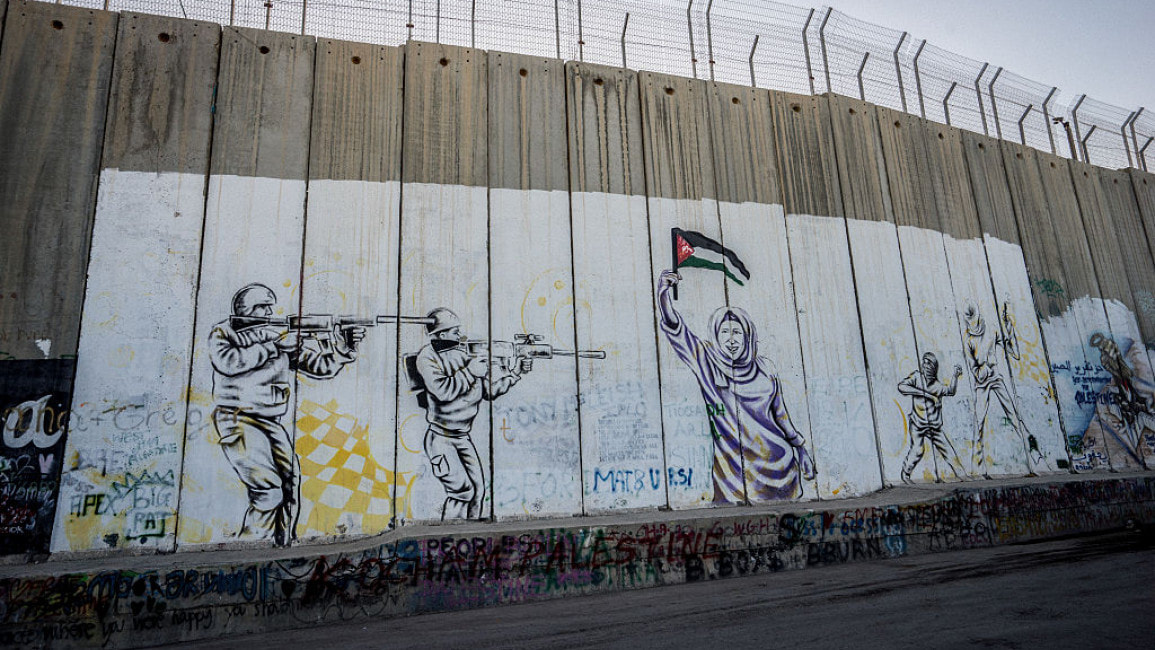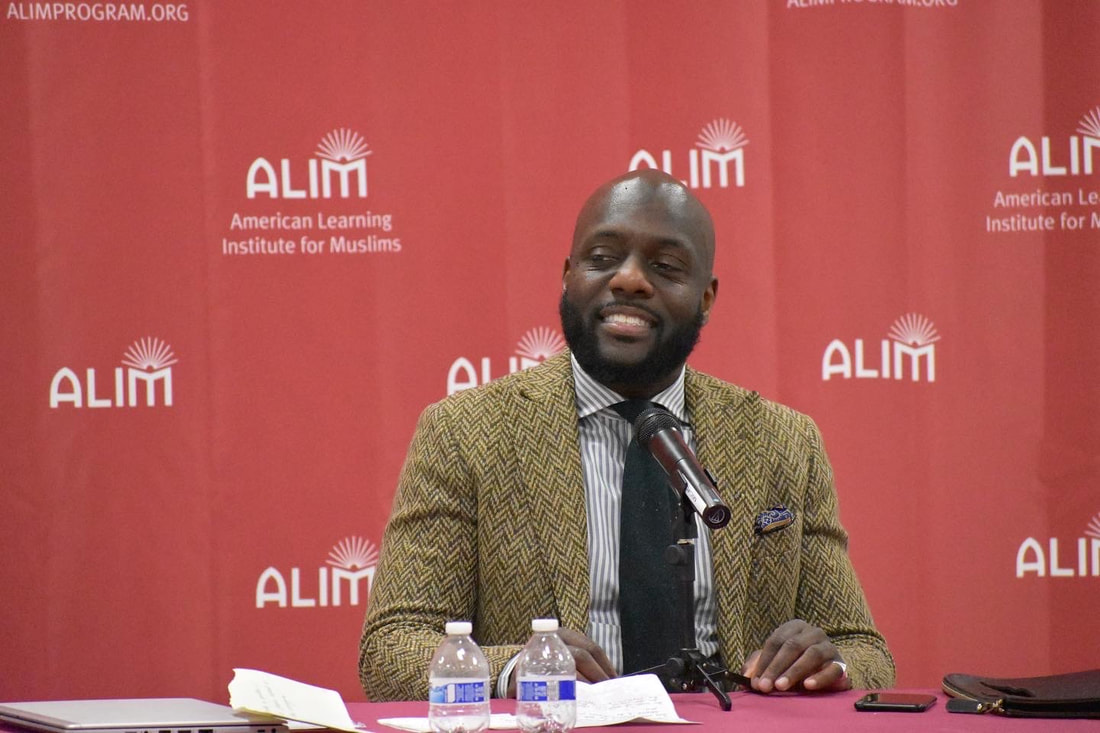|
BY: USTADH UBAYDULLAH EVANS ALIM Core Scholar and Scholar-in-Residence Nicholas Grant’s Winning our Freedoms Together: African Americans and Apartheid, 1945-1960 is a transnational study of white supremacy and Black resistance. As is indicated by its title, this survey captures the political and cultural ties of Blackamericans to the anti-apartheid movement. The Trans-Atlantic, Black internationalist allyship formed among Blackamericans and South Africans amplified the efforts of freedom fighters within both struggles. The most interesting aspect of Grant’s analysis is his presentation of the organic way in which this nexus developed. It engaged intellectuals and radicals but also made deep impacts within Blackamerican vernacular culture. Contrast this with the comparatively weak representation of Pro-Palestinian sentiment and political action among Blackamericans within the current climate. While it is true that Blackamericans and South Africans were forced to contend with explicitly racial caste systems—which circumscribed their lives and normalized assaults on their dignity. The Palestinian people have objectively faced no-less a system of normalized oppression. Although the mainstream media has been careful to avoid framing Israel’s illegal occupation of Palestine in racial terms—which would undoubtedly arouse stronger indignation among Blackamericans. In point of fact, the inaugurations of the apartheid government in South Africa and the state of Israel both occurred in 1948. 75 years of occupation and annexation and somehow the unconscionable subjugation of the Palestinians has been largely obscured from Blackamerican view. Or at the very least, it appears to be conspicuously absent among Blackamerican political concerns. There are notable exceptions: Many Black academicians, public intellectuals, and self-professed adherents to the radical tradition have been volubly supporting the self-determination of Palestinians for decades. However, in my estimation, that advocacy hasn’t found critically important expression at the grassroots. As a community that is decidedly “of America” and the progenitors of the most notable civil rights movement in history, Blackamericans enjoy tremendous moral authority. Face to face with what can only be called a genocide being perpetrated against Palestinians, Blackamerican advocacy and calls for ceasefire are vital. The American Muslim community, a site of intersection, between Muslims and Blackamericans is uniquely situated to raise awareness and forge alliances that will strengthen our advocacy on behalf of our brothers and sisters in Gaza. I have long believed the presence of the Blackamerican community to be one of the greatest blessings of Islam in America. It is a completely unique development with no parallel in the modern West. A Muslim community which enjoys a presumption of belonging; that cannot be “othered” by xenophobes, lends legitimacy to our collective voice. If this has any merit, now is certainly the time to maximize its potential. It’s been utterly distressing to watch Muslims on news outlets discussing the Arab-Israeli conflict. I’ve had no qualms with our community. Quite the reverse, I have been invariably proud of how we’ve called for an unequivocal end to the carnage in Gaza and defended the lives of Palestinians. My distress has been borne out of watching commentator after commentator utilize the same insidious framing to cast Muslim calls for peace and accountability as out of synch with the sensibilities of “real Americans.” This is unadulterated nativism. Because aside from Muslims, who are irretrievably foreign, and the radical left—who exclusively protests in large metropolitan areas and on the campuses of elite colleges—all real Americans support “Israel’s right to defend itself.” Watching such callow, repetitive, posturing among the media has activated my imagination: If our community maximized its strategic advantages, internally and externally, how much more effective might we be at thwarting attempts to marginalize our convictions? If our ranks were closer, if we existed in the Prophetic description of a single body, what passion might that lend our advocacy? What if we made more investment in highlighting the diversity of our community? And what if we were careful to platform voices which represent communities that have traditionally held a finger on the pulse of the American moral consciousness? What might that do to amplify our voices in this critical time? The urgency of the present moment does not allow for any petty intramural Muslim squabbles. This is not a call to re-litigate the past, point fingers, or revive any immigrant vs. native-born Muslim debate. Allah forbid. At current, innocent children, women, and men are dying at the hands of a merciless military offensive. I’m surveying the political capacity of our community. I’m considering ways the efficacy of our calls for our government to demand an armistice might be heightened. In that connection, it is impossible to overlook the glaring absence of the august voice of Blackamerican protest within the national conversation. The example of the anti-apartheid movement is instructive of how the activation of the Blackamerican community can contribute to the development of consensus among Americans more broadly. To this end, Blackamerican Muslims should be uniquely positioned to liaise between our Muslim community and the greater Blackamerican community. This, of course, entails greater Muslim investment in the visibility of Blackamerican leadership and also greater Blackamerican Muslim investment in solidarity with the Black community. If we’ve overlooked either of these critically important investments, we should review them now. MAY ALLAH LIBERATE PALESTINE!
Since then, he has studied at Chicagoland’s Institute of Islamic Education (IIE), in Tarim, Yemen, and Al-Azhar University in Cairo, Egypt, where he is the first African-American to graduate from its Shari’a program. Ustadh Ubaydullah also instructs with the Ta’leef Collective and the Inner-City Muslim Action Network (IMAN) at times. As the ALIM Scholar-in-Residence, Ustadh Ubaydullah is a core instructor at the ALIM Summer Program. He teaches History of Islamic Law, Shama'il, and Aphorisims of Ibn Ata'illah along with other courses.
0 Comments
Leave a Reply. |
|
stay connected
@alimprogram
PO Box 871785 Canton, MI 48187
(734) 956-0698
(734) 956-0698
2024 © American Learning Institute for Muslims. All rights reserved.
ALIM is a 501(c)(3) organization. All donations are zakat-eligible and tax deductible. Our EIN is 38-3633579.
Zelle: [email protected]
Terms of Service | Privacy Guidelines | Sign Up for ALIM Emails I Get ALIM Text Alerts
ALIM is a 501(c)(3) organization. All donations are zakat-eligible and tax deductible. Our EIN is 38-3633579.
Zelle: [email protected]
Terms of Service | Privacy Guidelines | Sign Up for ALIM Emails I Get ALIM Text Alerts



 RSS Feed
RSS Feed